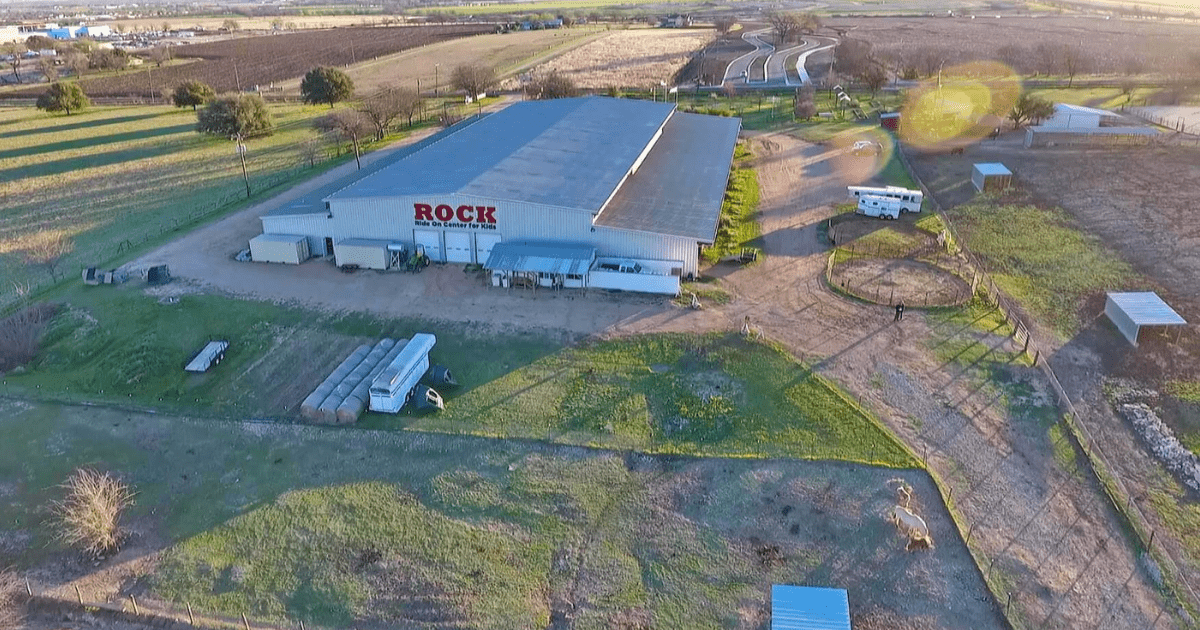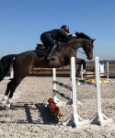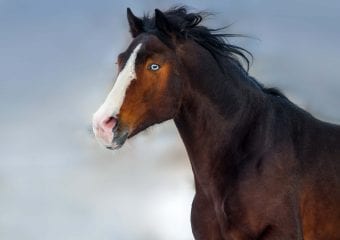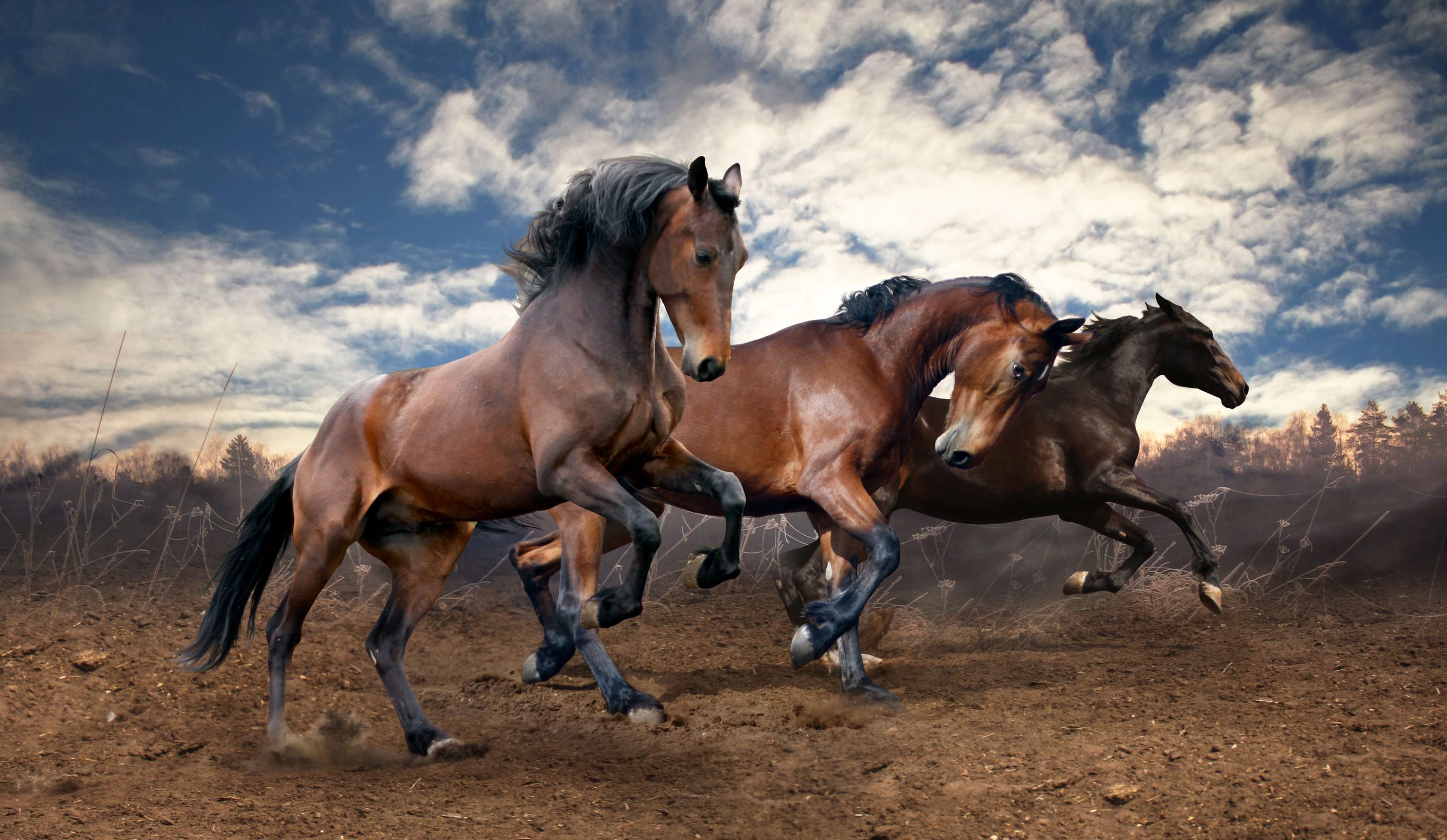How does an aspiring non-profit organization go from one boarded horse and 4 kids to a thriving and growing 29-horse equine-assisted therapy operation on 60 acres? Ask Nancy Krenek, CEO and founder of R.O.C.K, or Ride On Center for Kids, in Georgetown, TX. She will tell you it’s about finding the right team, serving your clients, and treating your horses as stakeholders.
We had the pleasure of speaking to Krenek and Kathy White, ROCK’s communication director. One great thing about Nancy and Kathy and the ROCK culture is that they are devoted to education. Not just for the kids and veterans that they serve, but for other aspiring equine therapy programs. They know that every person who learns from them can serve more individuals. Therefore, they are very happy to share their story, explain their current operation and mission, plus offer their tips for success.
Inspired by Kids
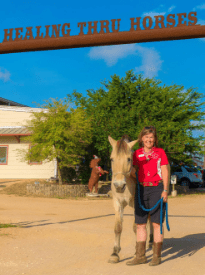
In the spring of 1998, Krenek was working for the local school district as a physical therapist. She had always wanted to have horses in her life, but, other than one childhood Girl Scout trip, had never had the opportunity. One day that spring she had the opportunity to put a child with Down Syndrome on a horse at a local farm, Kelly’s Kids. She saw that child’s eyes light up as a big smile spread across her face. It was incredible. Krenek knew that she wanted to do something big, offer these kids more mobility, more opportunity to push their limits. She decided to fully commit to this dream. Before she had a horse, land, or even hippotherapy certification, she quit her job. That summer, she traveled to Albuquerque for training with the American Hippotherapy Association. By October 1998, ROCK began. Krenek started with a pilot program: four children and one horse. This first equine partner was Miss Prissy Texas, owned by Alida Darlington at Emerald Meadows Equestrian Center. Those four kids made such remarkable progress that Krenek knew she was on the right track.
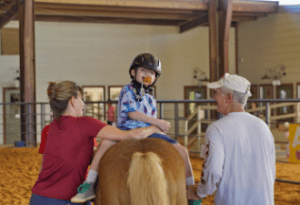
Generosity of Donors and Volunteers Leads to Rapid Growth
This type of incredible generosity has been a huge part of the success of ROCK over the last 20 years. To be sure, it’s an earned generosity. Krenek is a driven, impassioned leader, and she has carefully chosen people who are devoted to this journey with her. They make real progress with the people they help, they treat their horses well, and they are a highly organized, well-run operation. When people see this in action, they want to help. Some people can volunteer with the kids and horses “in the dirt,” some can help with marketing and operations, and others can donate land, dollars, and other resources. And over the years, their mission has extended in numerous ways. One example is ROCK On Veterans, a highly successful program for veterans and their families that began 13 years ago at ROCK.
Current Stats
In 2018, upon the 20th anniversary of its humble beginnings, ROCK tallied the following statistics and accomplishments for the 2017-2018 year. Here are the numbers:
- Helped 199 children, 44 adults, 114 veterans and their families
- 29 horses currently
- 9017 service hours to participants
- 350 Active volunteers (age 14 to 92)
- 24,023 volunteer hours
- 60 acres total land
- Governed by 21-person volunteer Board of Directors, and a 15-person Board of Advisors
- 14 full-time staff, 14 part-time
- PATH International Accreditation (since 2000)
- Involvement in 3 university research studies on Equine-Assisted Therapies
- Have managed Texas A&M’s Courtney Cares therapeutic riding program for 7 years
- ROCK’s leaders have taught a class for 2 years at Texas A&M University called Intro to Equine-Assisted Activities and Therapy in the School of Biomedical Science housed in the School of Veterinary medicine.
- $1.4 Million annual budget (2017-2018)
- 44% from special events
- 24% from grants
- 19% from tuition
- 9% donations
- 4% from Texas A&M
Secrets to Success in Equine-Assisted Therapy
It isn’t just the passion that has propelled this program forward. ROCK has a few other things down to an absolute science and it has really allowed them to excel.
Team
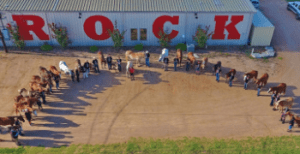
Organization
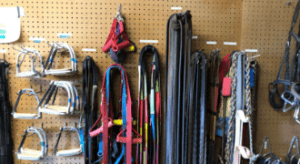
Equine Care
Everyone at ROCK is a committed advocate for horses. From carefully choosing their animals over the course of a 3-month evaluation period to enforcing strict weight requirements/ limitations for what each horse can carry, the horses are taken seriously. They are also conditioned by a team of volunteer riders to ensure they get adequate exercise and stay healthy. According to Krenek, one of her most important lessons was “coming to understand that our horses are stakeholders in this with us.” As such, they are treated well, and it shows. Even though the horses are almost all in their teens or 20s, they are all in great flesh, groomed to perfection, and clearly happy to do their jobs thanks, in part, to the dedication and leadership of ROCK’s Equine Director, Lesley Shedeck.
Telling the Stories
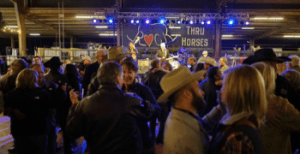
Everyone at ROCK seems to have limitless energy for what they do. Krenek leads with purpose, vulnerability, and love. They love what they do, they love the horses, and they love seeing people progress in partnership with them. The hardest thing, in fact, is that they can’t help everyone–they have a waiting list. Therefore, the current goal is to raise funds for expansion- so they can have more horses, more riding areas, more instructors, and help more people find mobility, as well as joy.
Do you know of another inspiring equine non-profit we should profile? Contact Top Line Media Team!
Jenn Crow has been a lifelong barn rat, and a hunter/jumper professional for 20 years with a passion for teaching and operations, from lesson programs to IEA Teams, to shows such as WEF, Harrisburg, and Washington.

